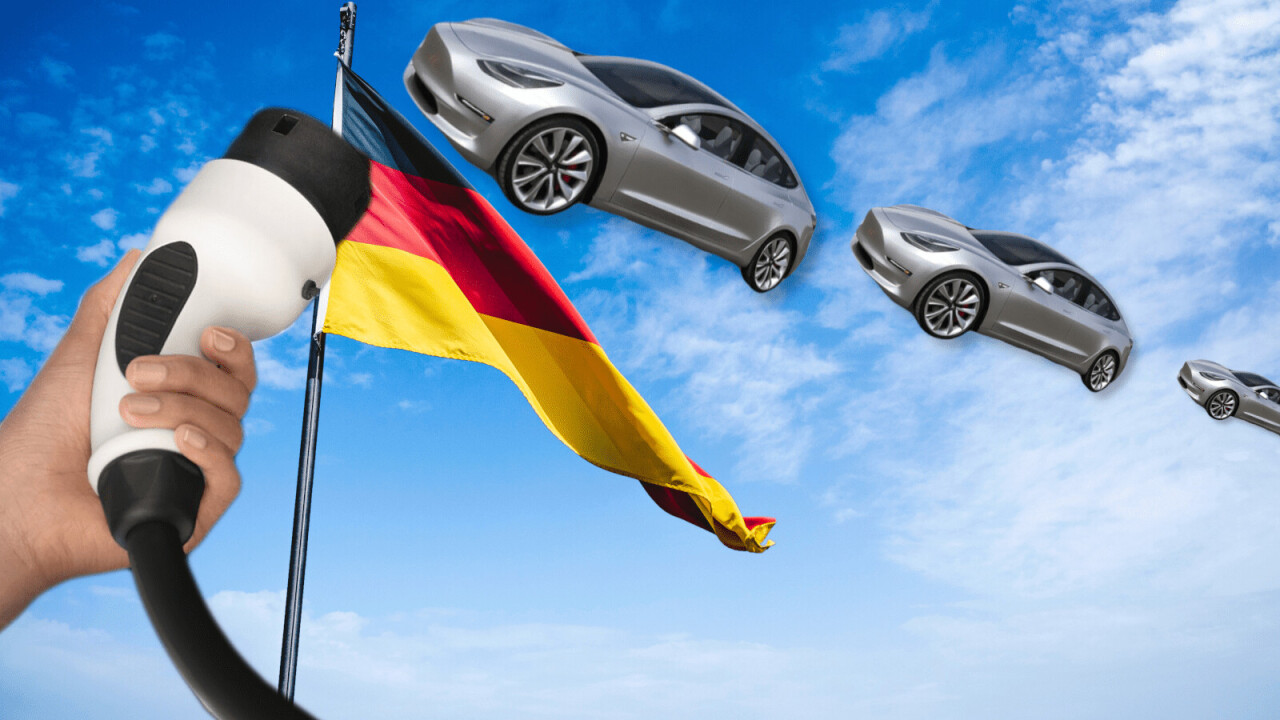
Germany is not just boosting subsidies to improve public interest in electric vehicles, it’s also pushing infrastructure improvements too.
Last night, Reuters reports that the German government has asked all petrol and diesel filling stations to also offer electric vehicle charging. The move comes as part of the country’s €130 billion ($146 billion) economics recovery plan.
[Read: Germany to give citizens up to $10K towards a new electric car — doubling its subsidy]
According to BDEW, Germany’s association for the energy and water industry, the country had more than 27,700 EV charging points as of March.
However, for electric vehicles to be a viable option in the European nation, Germany needs to install at least 70,000 regular charging stations and over 7,000 fast-charging points.
As of 2018, there were less than 21,000 filling stations in the country. With that in mind, Germany won’t be able to rely on converting petrol stations to meet the demands of EV charging. The Reuters report doesn’t mention how many charging points each station will need to offer, but it’s clear Germany needs to build many more dedicated locations too.
Just yesterday, the German government announced that it was doubling its battery EV buyer subsidy from €3,000 ($3,360) to €6,000 ($6,700). Including manufacturer subsidies, new EV buyers can now receive up to €9,000 ($10,000) in financial support toward their car purchase.
With initiatives like these, Germany is becoming increasingly supportive of ultra low emission vehicles.
Get the TNW newsletter
Get the most important tech news in your inbox each week.




